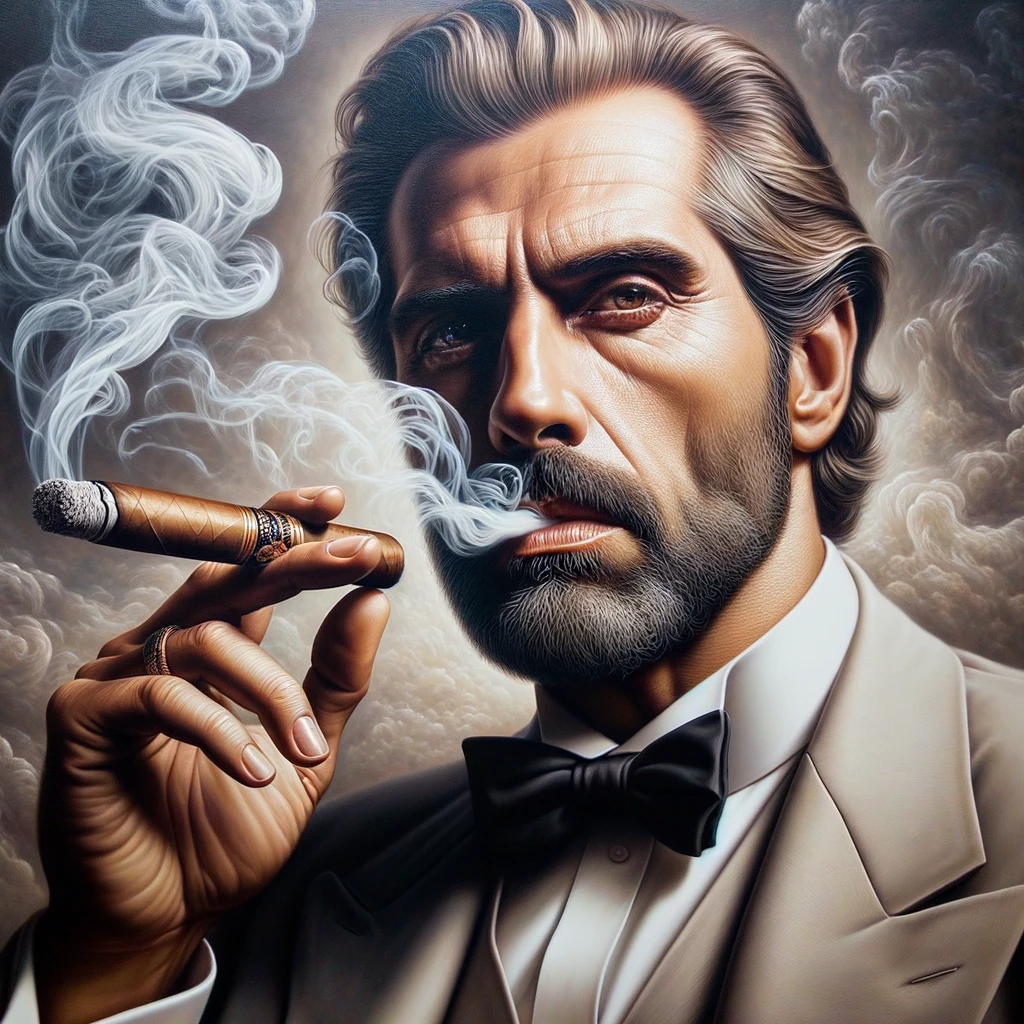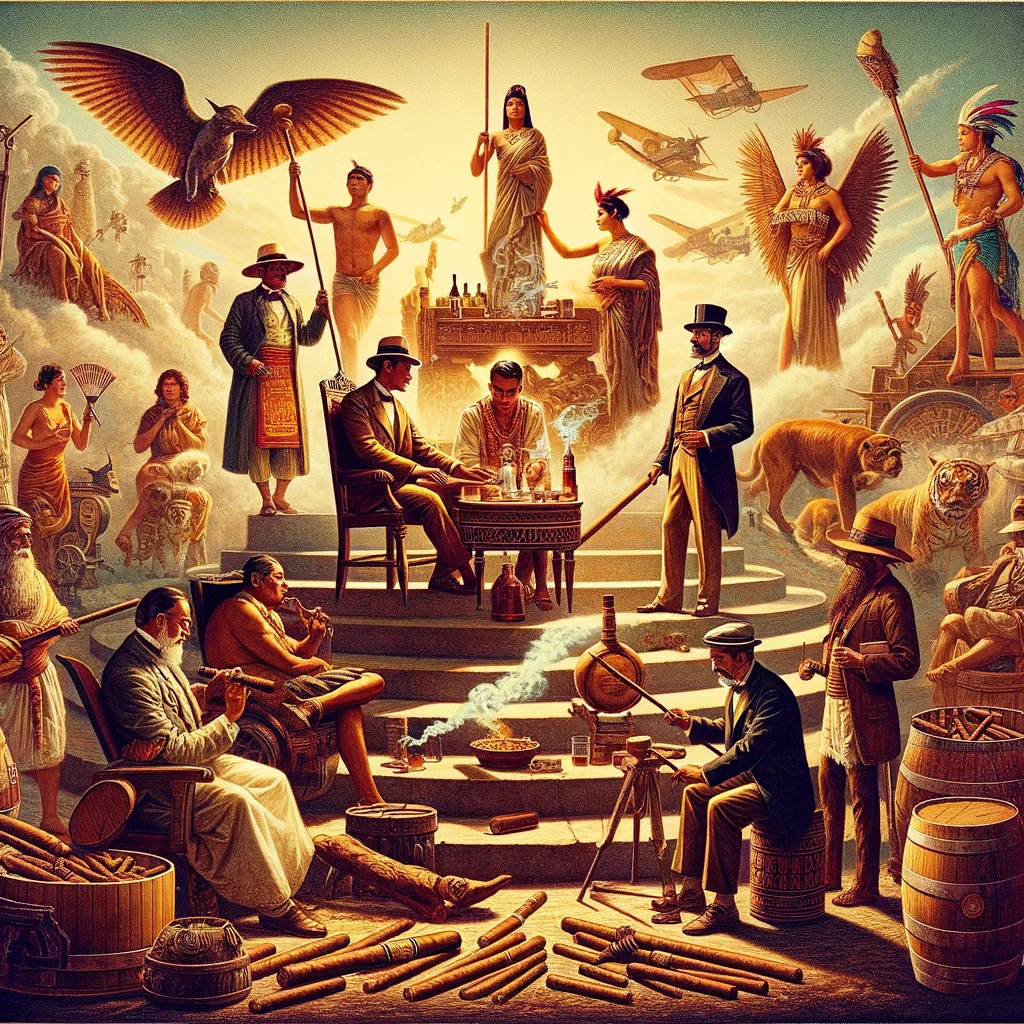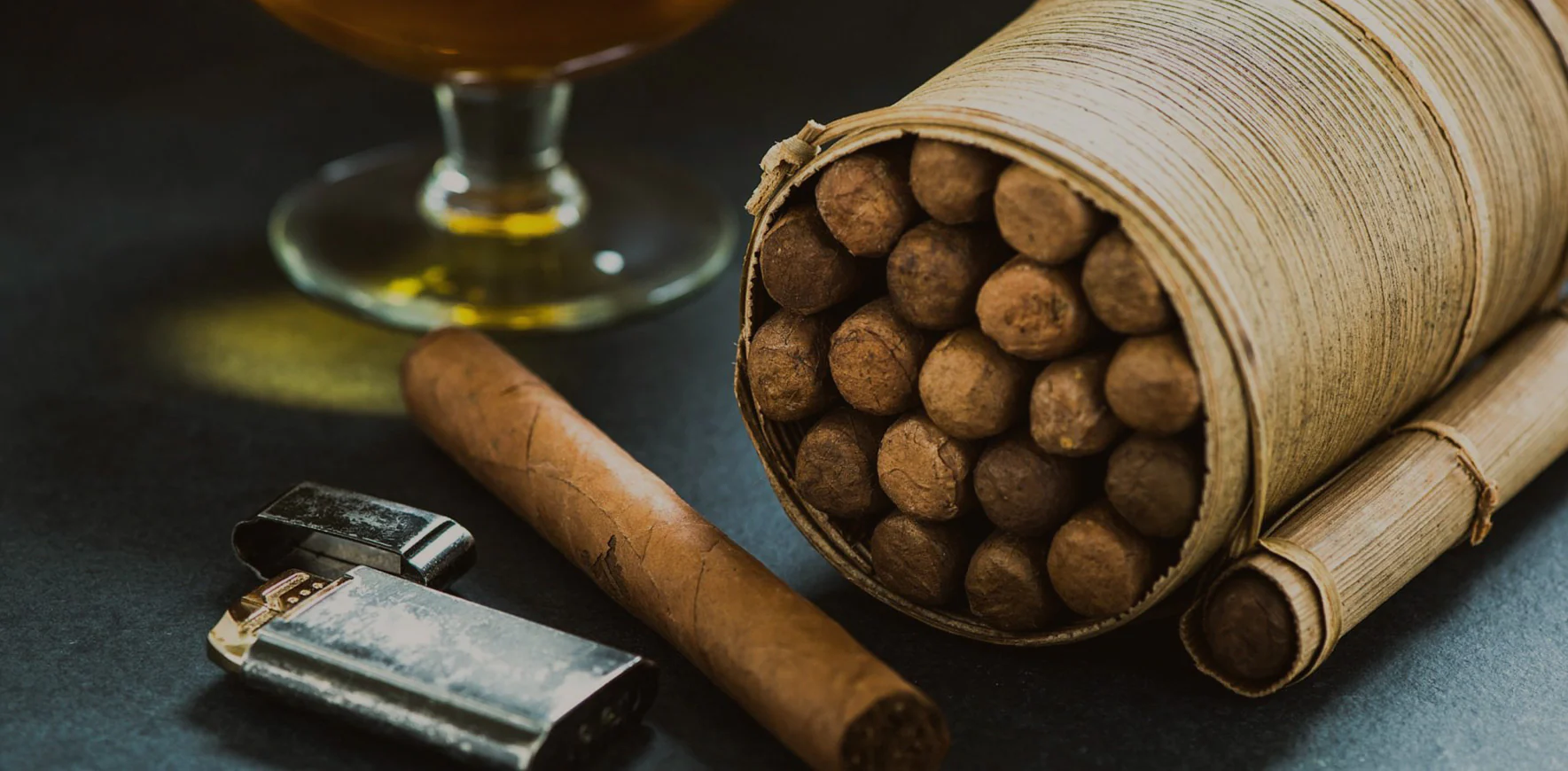The First Traces of Cigars in History
The cigar, as we know it today, has its roots in the ancient civilizations of the Americas. Indigenous peoples, such as the Mayas, were already smoking tobacco wrapped in corn or palm leaves, a practice that spread across pre-Columbian cultures. It’s said that Rodrigo de Jerez, a companion of Columbus, was the first European to smoke tobacco, bringing the habit back to Spain.
The Arrival of Cigars in Europe
With the discovery of the New World by Christopher Columbus, tobacco and the practice of smoking were introduced to Europe. The cigar quickly gained popularity among the affluent classes, becoming a symbol of status and refinement. King Edward VII of England famously declared, « Gentlemen, you may smoke, » reversing the smoking ban at court and cementing the cigar’s status among the elite.
The Industrial Revolution and the Rise of the Cigar
The dawn of the Industrial Revolution marked a turning point in cigar production. The introduction of cigar-rolling machines allowed for mass production, making cigars accessible to a broader audience. This era saw the rise of cigar brands that are still celebrated today.
Cuba and the Development of the Modern Cigar
Cuba is often considered the heart of the cigar world. The island became famous for the quality of its tobacco and craftsmanship in cigar making, setting high standards that still influence today’s industry. The Vuelta Abajo region in Cuba is renowned for producing some of the finest tobacco in the world, contributing significantly to the prestige of Cuban cigars.
Conclusion
The origins of the cigar are deeply rooted in history and culture. From its humble beginnings in Native American societies to its current status of luxury and sophistication, the cigar has traversed centuries, adapting and evolving while preserving its essence and heritage. It remains not just a product but a symbol of a rich and storied past.










